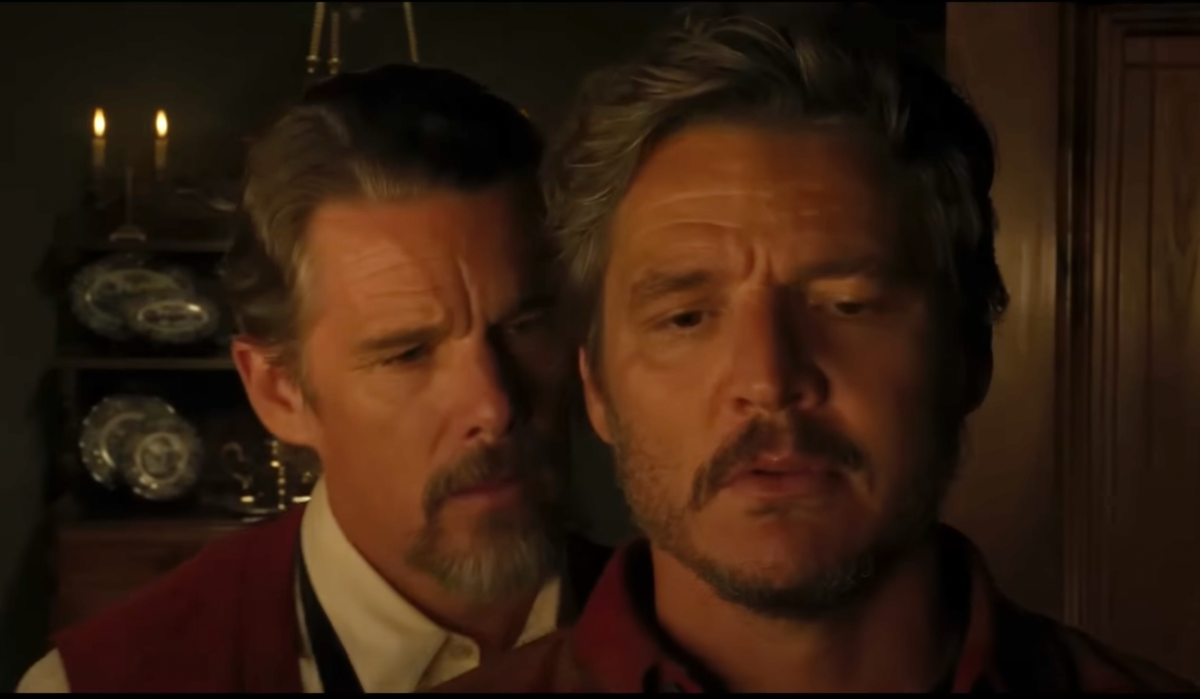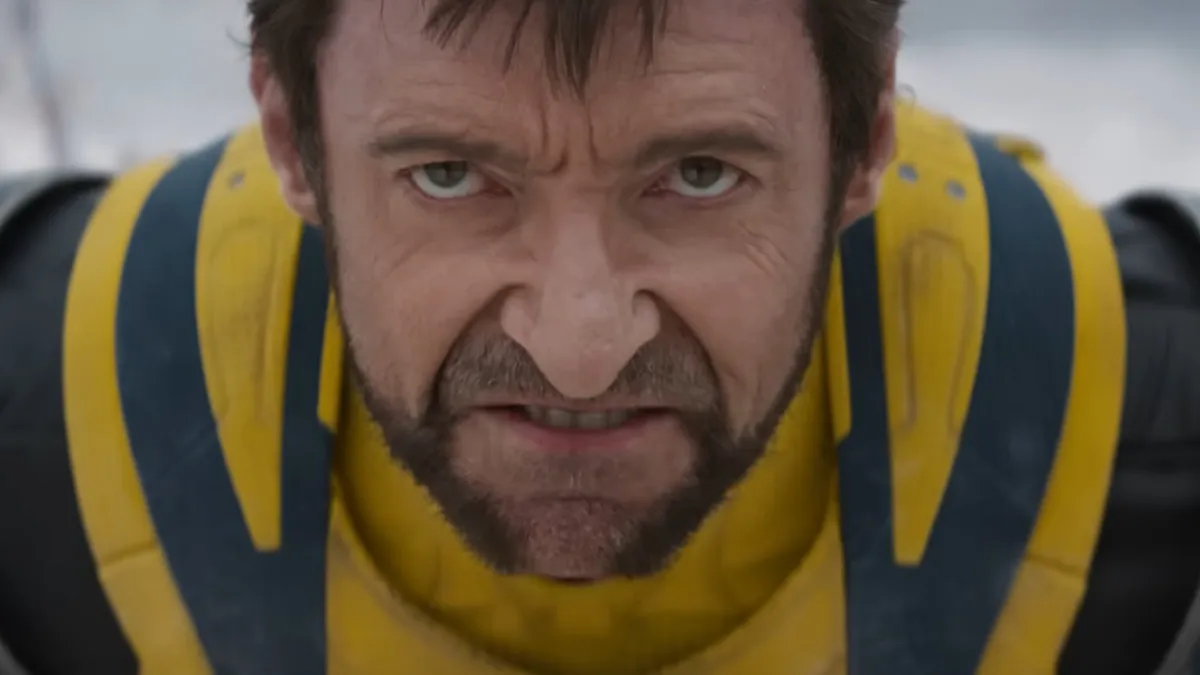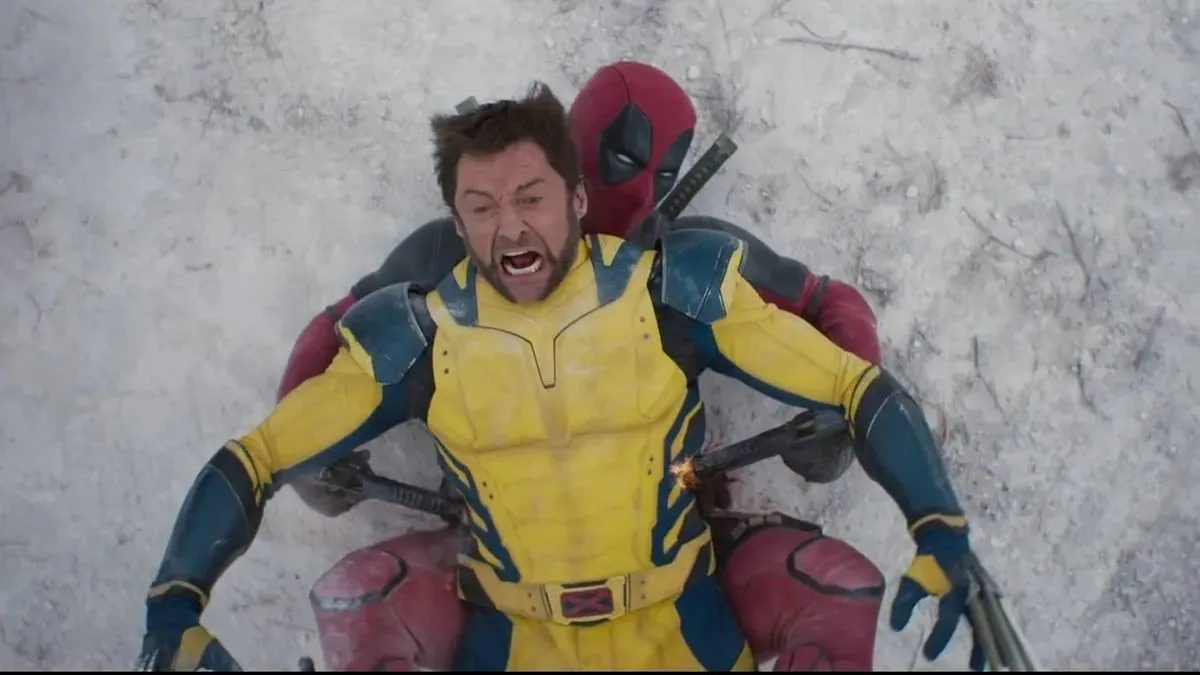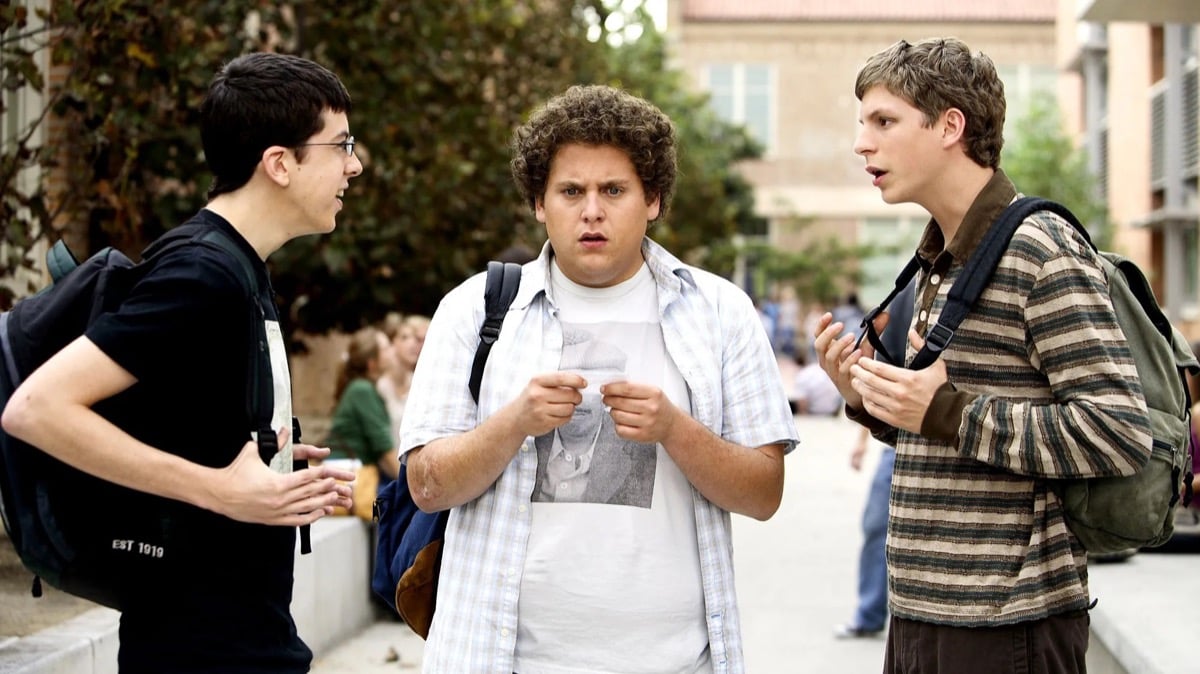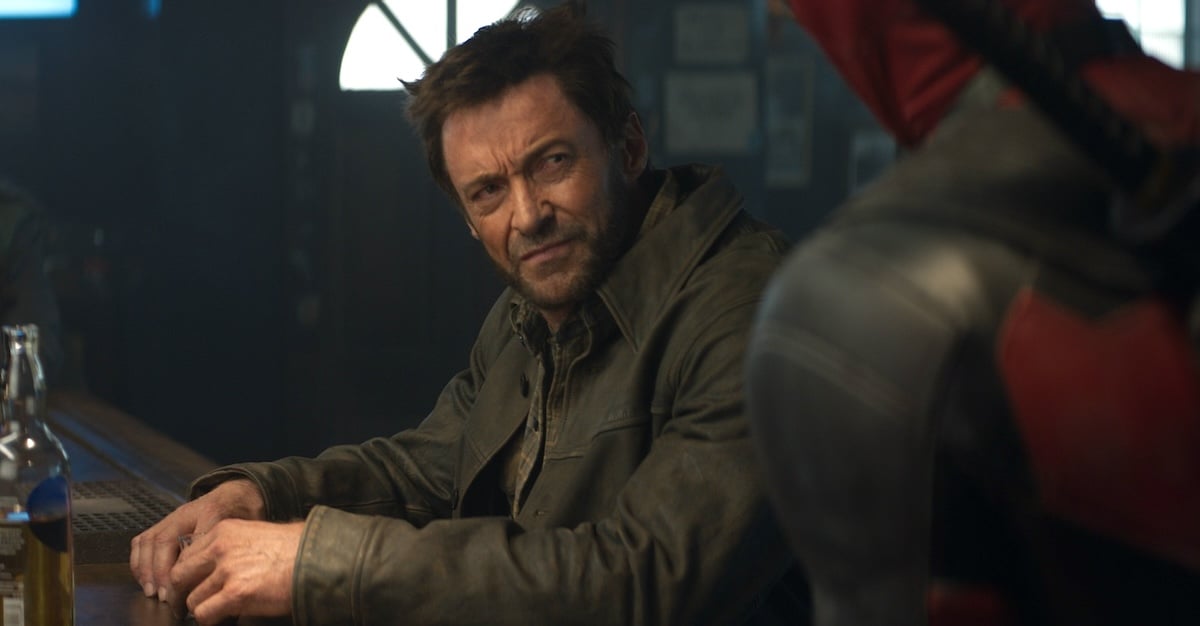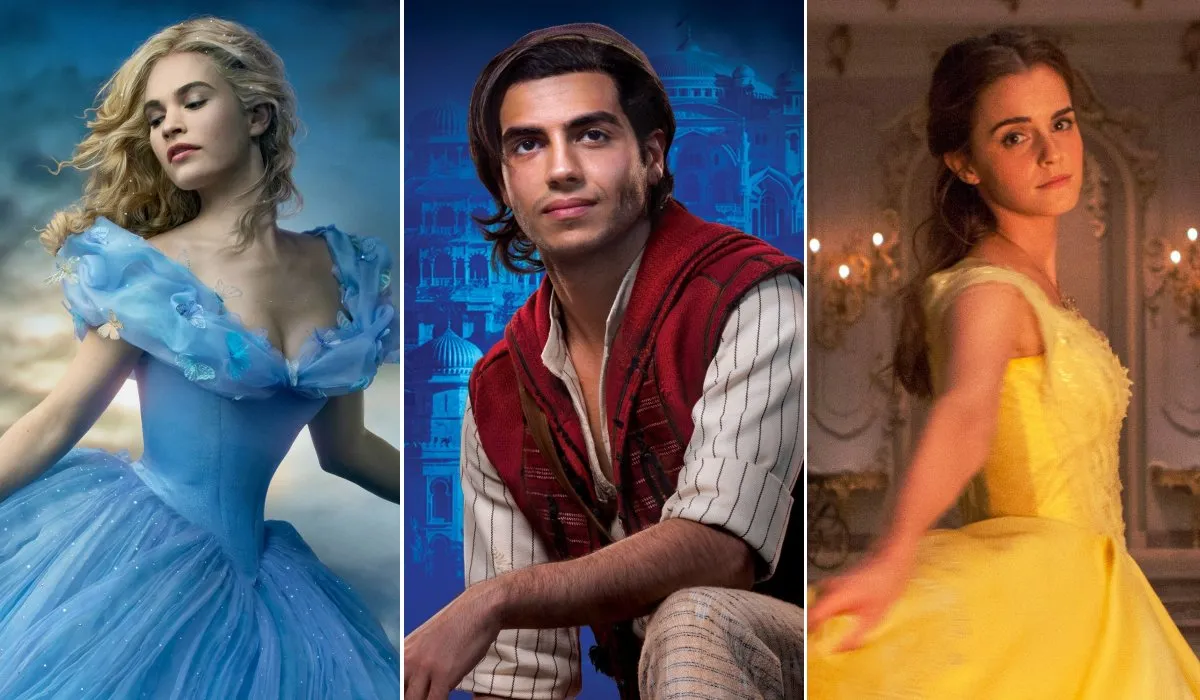Cowboys. Everyone wants to be a cowboy. They wanna be a rough, tough, leather-smellin’ man, with chaps, spurs, and a Stetson. They wanna live on the range, close to the things that really matter in life. They wanna be raw, undistracted by the messes of modern life.
But what nobody seems to want to admit is that being open to the Cowboy Lifestyle means being open to the world at large. The overly masculine, Americanized ideal of the cowboy is just a talking point for those with limited imaginations, who probably grew up watching too much Clint Eastwood and not enough Bonanza. As someone who grew up visiting and riding at ranches, I can say with some authority that the “masculinity” we typically associate with cowboyism has little to do with the life itself. Rather, cowboyism requires a willingness to rough it, tough it out, and be fully in the moment, or else the whole operation falls apart. Anyone can embody those traits. My bubblegum-pink-loving ass certainly managed to pull it off.
Now, you might be asking, What does this have to do with homoeroticism? And why does riding quarter horses make me wanna kiss my homie? Well, why do you think Brokeback Mountain exists? And why do you think they’re making a Pedro Pascal x Ethan Hawke short film in the spirit of Brokeback Mountain? There’s something ostensibly gay about being a cowboy, and we’re gonna look into it. Saddle up, good-lookin’, we’re going for a ride.
A Brief History of the Gay West
In 2009, the Autry Museum of the American West in Los Angeles hosted an exhibition titled “Out West,” detailing the (many) lives of gay and transgender cowboys. Organized by historian Gregory Hinton, the exhibition spanned several months and featured a wide variety of real, recovered stories, from the gender non-conforming “One-Eyed Charlie,” to the “buffalo” chairs commissioned by a French man to commemorate his time spent with his American lover.
As covered by David Ng in the LA Times:
Patricia Nell Warren, a historian and author, said that same-sex relationships between cowboys were often tolerated in the early days of the West largely because manpower was scarce, thus making it impractical for landowners to be choosy about whom they hired. But attitudes changed with the introduction of mechanized agriculture, which rendered human labor more expendable. “Tolerance went away after that,” she said.
Today, the presence of gay men and women in rural America is not exactly embraced by the mainstream but people’s perceptions have evolved. James Pluth, a San Diego man who attended Sunday’s panel, is a retiree who is actively involved in gay rodeo organizations. He said his sexuality is a “nonissue” when it comes to working with straight rodeo associates.
But, he said that straight rodeo groups sometimes engage in Christian activities, such as group prayer and Bible study, that may make some gay participants feel uncomfortable.
In other words, when unmasked, the villains are once again industrialization and institutional religion. As we should all hopefully know by now, sexual and gender fluidity have always been as natural to the human experience as breathing, so it should really come as no surprise that there were gay and trans cowboys. There have been gay and trans people in every civilization, absolutely including the Wild West!
However, the challenge in presenting this to Americans is in the mythos of Western masculinity, where men like John Wayne and the Lone Ranger are treated like standards to live up to. To reject society and all its impurities, to lead a life of violence as well as virtue, and above all else, to live freely, without restrictions: These were the ideals extolled by pop culture for several decades. It’s really quite painfully American—such an individualistic, macho fantasy, one which flagrantly ignores the real history of the West, warts and all. But it’s an effective one, as it validates (often falsely) the belief that American Exceptionalism is a real, true thing, and that it was only achieved by tough, straight men. Hollywood really helped sell this, with the Western genre being so instrumental in establishing the modern film industry.
The funny thing is, it’s such a flimsy little lie, one that falls apart immediately upon further inspection, even without knowing the real history of it all. Look within yourself. Imagine this scenario: You and your friend Arthur are two cowboys roughing it on the range. You are stuck together for at least two weeks driving cattle from one side of the valley to the other. You have nobody else to talk to. There’s no wifi, no highways, no nothing. It’s just the two of you, and Arthur is a very handsome, very intriguing person. You open up to one another, sharing tales of home, and the things you miss. You talk about your hopes and dreams. Arthur’s lips are so very big and pink. One night, you huddle together for warmth, and you cannot help but tell him how good it feels to have his big, strong arms hold you.
This is why Brokeback Mountain worked so well, and it’s also why it was met with such polarizing attention when it was first released. Director Ang Lee was a genius and saw very clearly how the range life was conducive to real, raw romance. It’s all about the solitude, baby, solitude and gritty work. Both things strip people down to their barest selves, and that makes it easy to develop real, true feelings for whoever you’re sharing all that with. I saw a YouTube comment where someone said that, though they felt like they couldn’t say this out loud when the film was released, Brokeback Mountain taught them what real love looked like. And I believe it!
Plus, though it’s contextually unfortunate, there was a certain amount of safety in pursuing homosexual relationships when out on the range. There’d be nobody there to tell you to otherwise, nobody to punish or shame you. It was just you and your lover, enjoying (and surviving) the splendors of nature together. Honestly, I cannot imagine anything more romantic than that.
The Joys of Cowboy Camp
The Beacon writer Wilder Isom wrote about this topic one year ago (in a very entertaining article that I encourage you all to read), where they asked a very salient question: “What’s gayer than a costume?” Specifically, how much gayer can you get than dressing up like a cowboy? The fringe, the tassels, the theatrics of it all—to be “into” cowboys is to be into an exacerbated ideal of romanticism. It’s so gorgeously gay, it makes me wanna trade my pajama pants for my dustiest pair of flare-jeans right this second.
Why do you think queer gamers LOVED Red Dead Redemption 2 so much? We got to play as a handsome, yet painfully sensitive man and dress him up. We could give him the best outfits, color-coordinated to boot, while styling his hair and beard to make him look spectacular. Players even exploited a glitch where they could give him assless chaps:
Like, okay miss thing, work.
At the end of the day, taking something that always had queer history, unraveling the laughable machismo narrative created around it, and then doubling down on its queerness—it’s just utterly liberating and a joy to participate in! Two of my favorite content creators are Hayden Kristal and April “Pinkie” Davis, a cowgirl couple who embody AND live out the cowboy fantasy turned reality. They’re both hilarious people who prove that being a cowboy has less to do with some fanciful ideal of Americanism, and more to do with just literally doing ranch stuff. As such, the ranch stuff is only made more fun by freely playing into it: Hayden’s horse Squidward has a customized tack set that’s bubblegum pink, while April’s horse Jeepers was so in love with his old barn buddy RJ, they literally organized a wedding for them.
To cap it all off, we’ll end on what inspired this entire article in the first place: the newest trailer for the short film Strange Way of Life, starring Ethan Hawke and Pedro Pascal:
Director Pedro Almodóvar has stated that he wants this film to be an “answer” to Brokeback Mountain, and you know what, I’m so here for it. This looks utterly delightful and campy to the utmost degree, and I’m so, so ready to see some rootin’-tootin’ tenderness between these two men.
Being queer is great. Being a cowboy is great, too. The two go together as naturally as bread and butter. Never have I felt more sapphic than when I hop off a horse after a long ride, and I’m all sweaty, no makeup, tangled hair, wearing just a simple t-shirt tucked into jeans, all dirty and dusty. It’s a phenomenal experience. I hope you, too, get to experience such joys of gay cowboyism at least once in your life.
(Featured Image: El Deseo)



